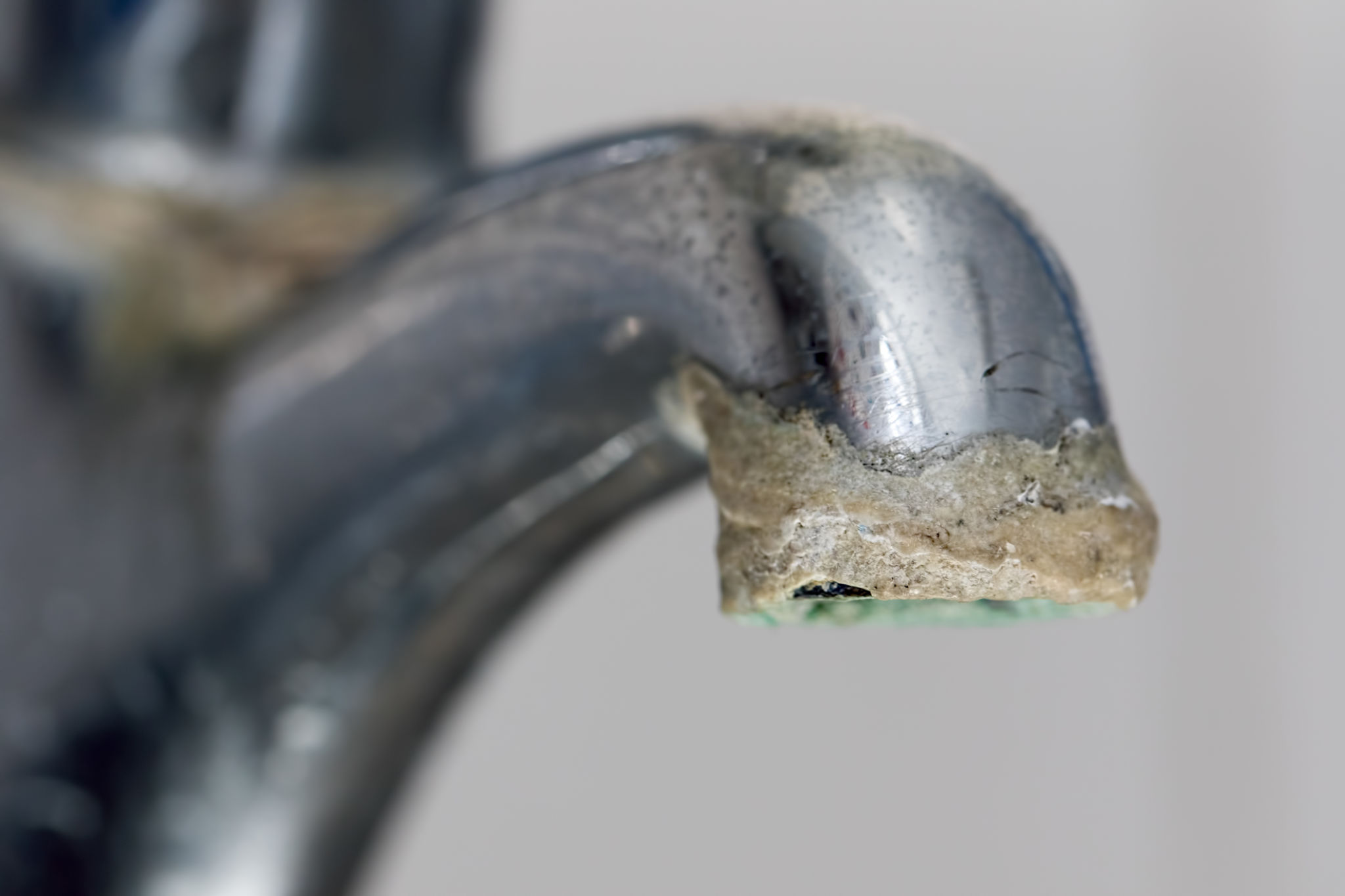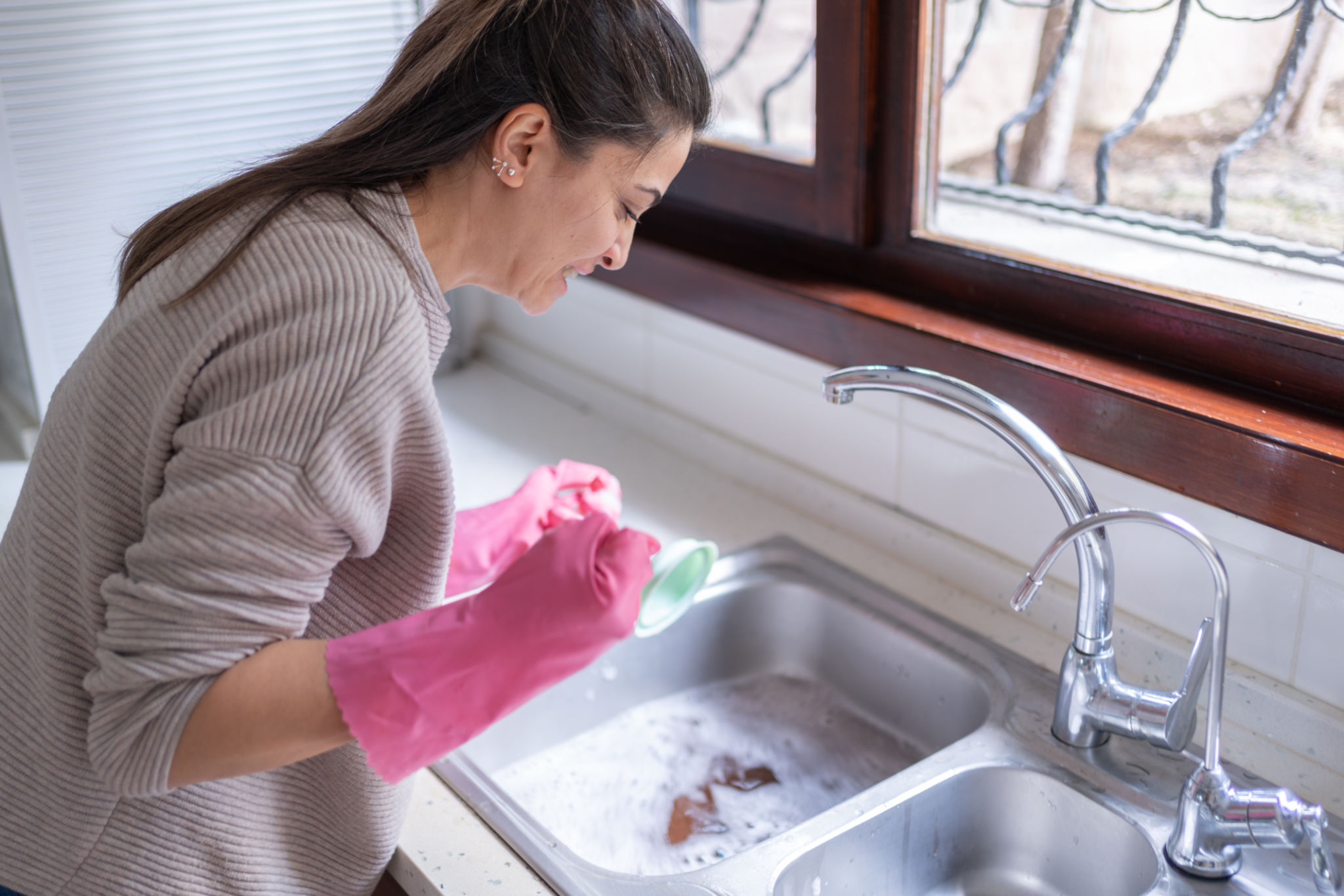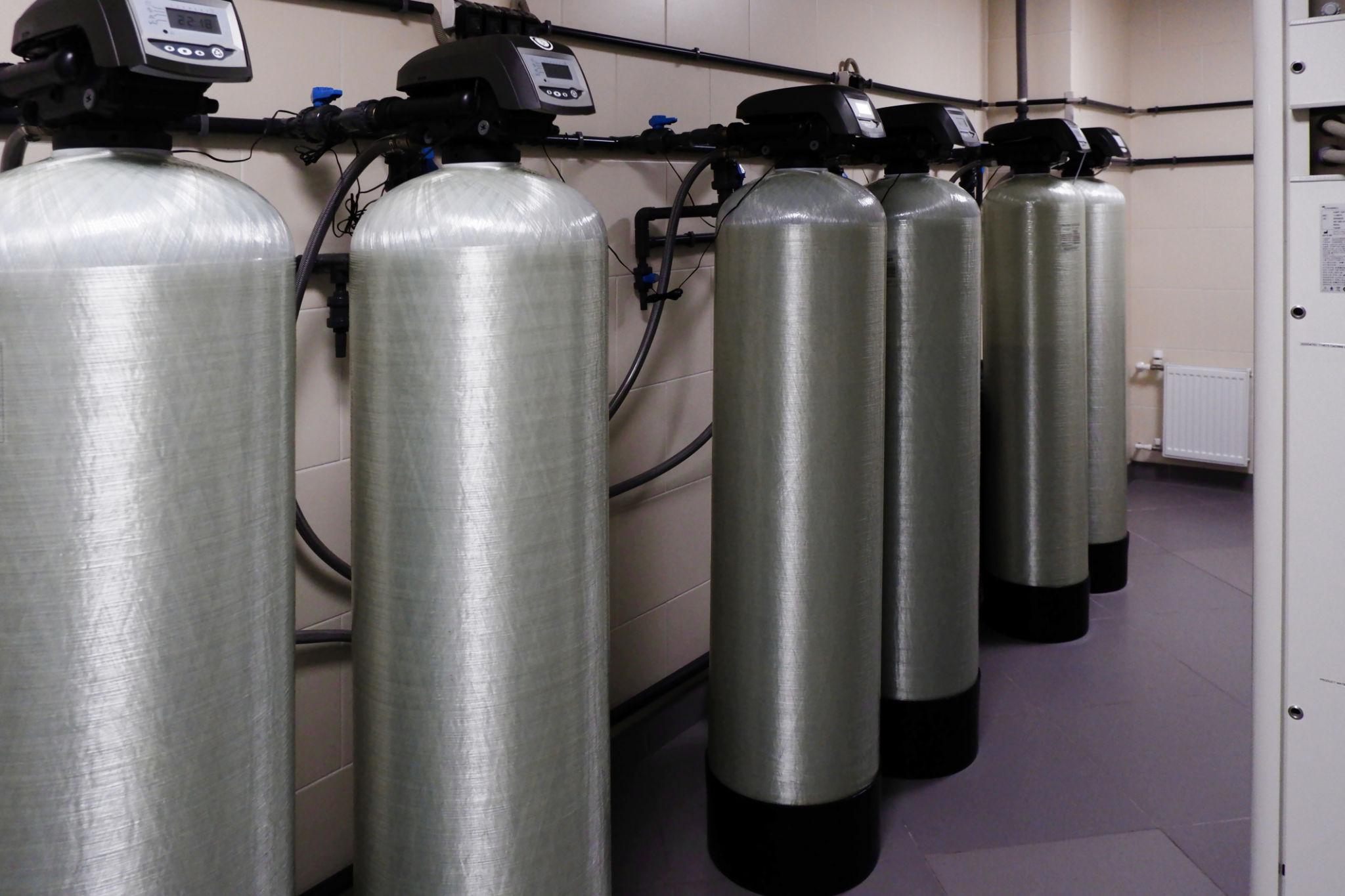How Hard Water Affects Your Plumbing and What You Can Do About It
HG
Understanding Hard Water
Hard water is a common issue in many households, characterized by a high concentration of minerals, particularly calcium and magnesium. While these minerals are not harmful to human health, they can have serious implications for your plumbing system. Over time, the buildup of these minerals can lead to a range of plumbing problems, affecting both efficiency and lifespan.

Impact on Plumbing Fixtures
One of the most noticeable effects of hard water is the accumulation of limescale on plumbing fixtures. This chalky, white residue can be seen on faucets, showerheads, and inside pipes. This buildup not only looks unsightly but can also restrict water flow, reducing the efficiency of appliances such as dishwashers and washing machines.
Limescale can also affect the functionality of your water heater. The buildup of minerals inside the tank can create an insulating layer, making it harder for the heater to warm the water. This leads to increased energy consumption and higher utility bills.
Pipe Blockages and Water Pressure
In addition to affecting fixtures, hard water can cause blockages within your plumbing system. As mineral deposits accumulate over time, they can narrow the diameter of your pipes, leading to reduced water pressure. This is particularly problematic in older homes where pipes may already be narrow or corroded.

Signs of Hard Water Problems
If you're unsure whether hard water is affecting your plumbing, there are several signs to watch for:
- Reduced water pressure in showers and sinks
- Frequent clogs in plumbing
- White or chalky residue on fixtures
- Clothes feeling rough after washing
Solutions for Hard Water Issues
Fortunately, there are several solutions available to combat the effects of hard water on your plumbing system. One of the most effective methods is installing a water softener. These devices work by replacing calcium and magnesium ions with sodium or potassium ions, effectively reducing the hardness of the water.

Maintaining Your Plumbing System
Regular maintenance can also help mitigate the effects of hard water. This includes periodically cleaning fixtures with a vinegar solution to remove limescale and scheduling annual inspections with a plumber to check for any blockages or damage caused by mineral buildup.
In addition to these measures, using specialized cleaning products designed for hard water can help maintain the aesthetic and functional integrity of your fixtures. By being proactive in managing hard water, you can extend the life of your plumbing system and improve its overall performance.